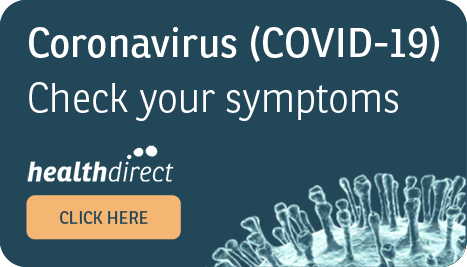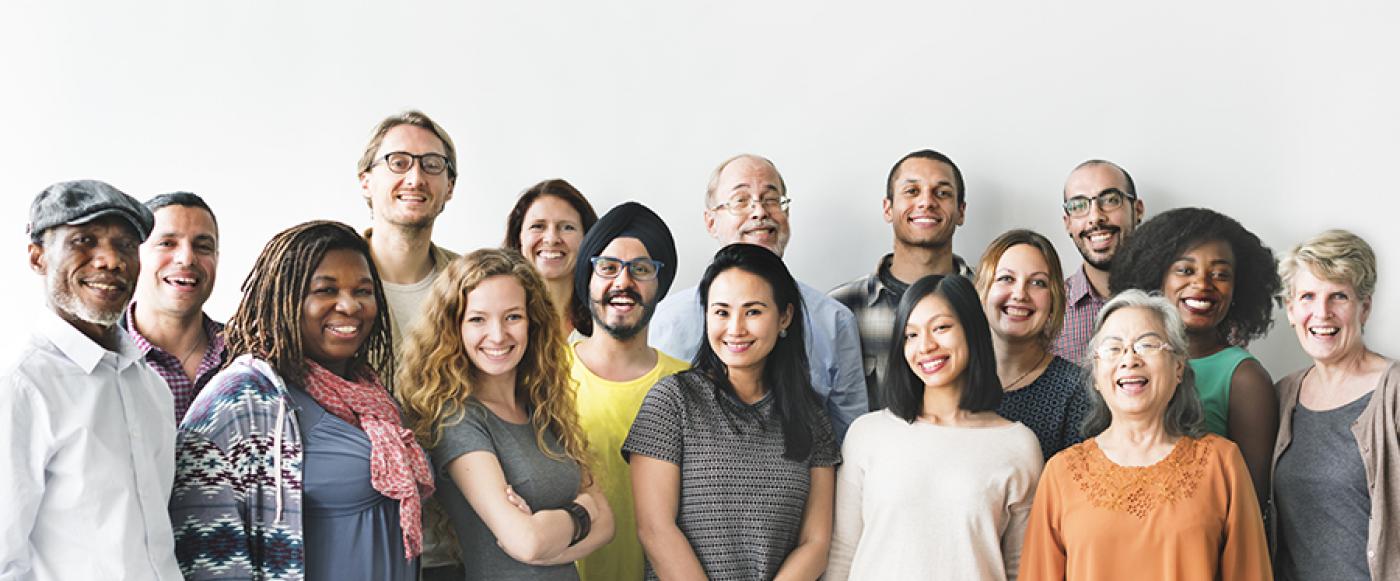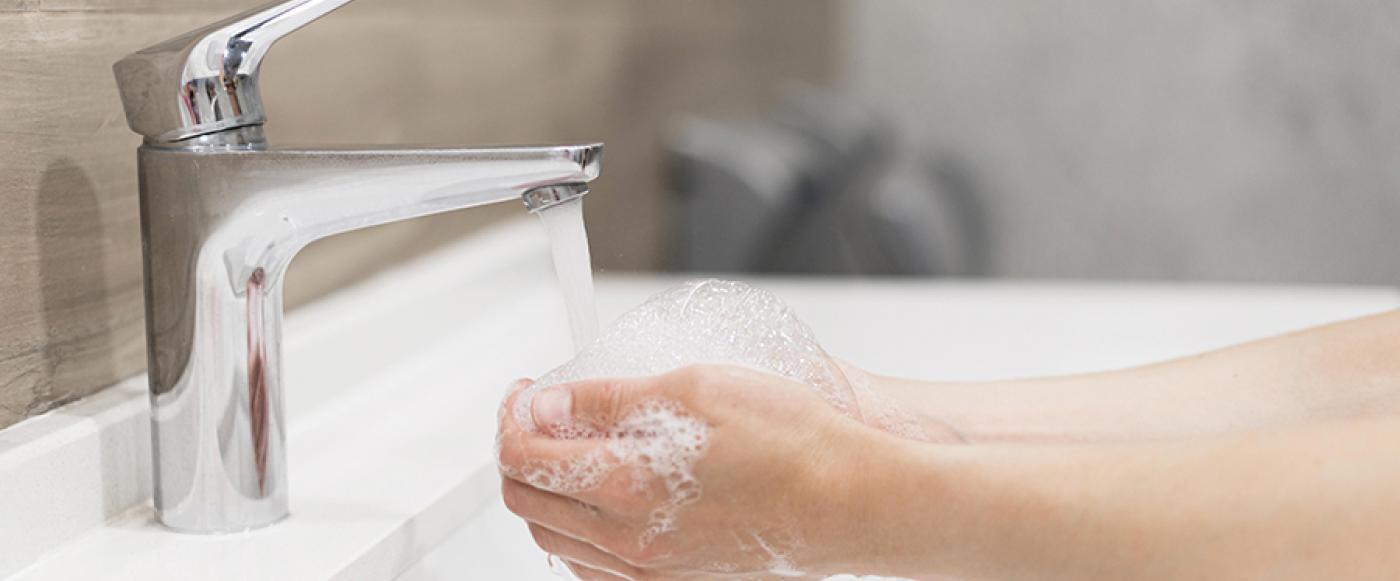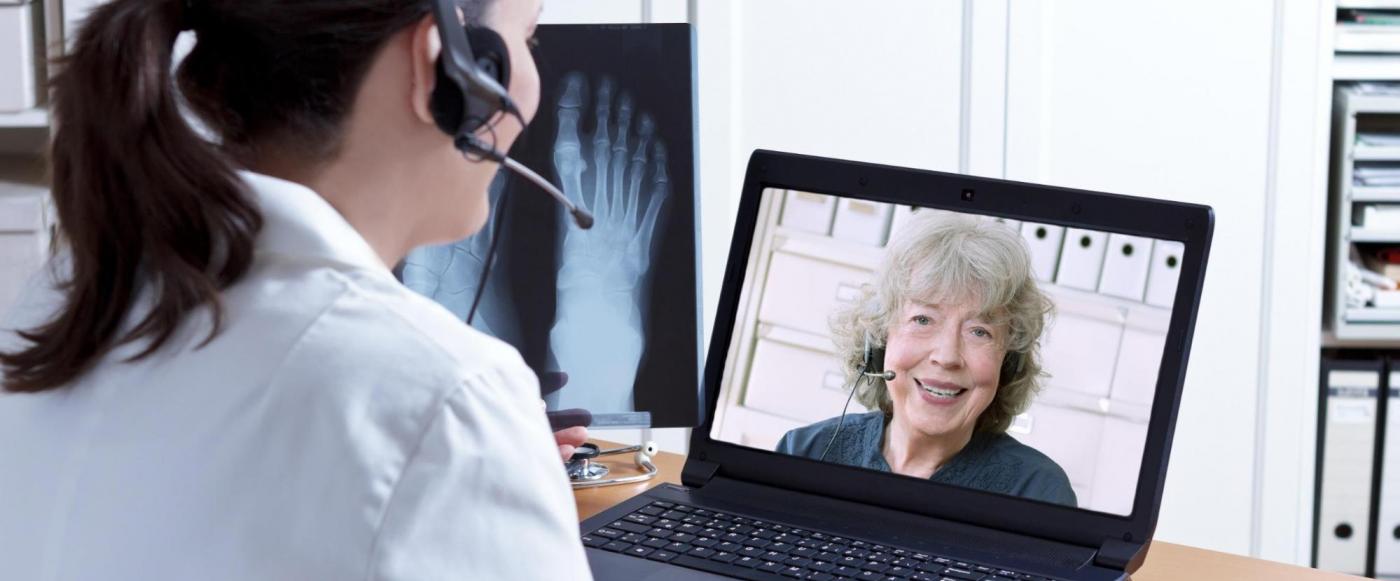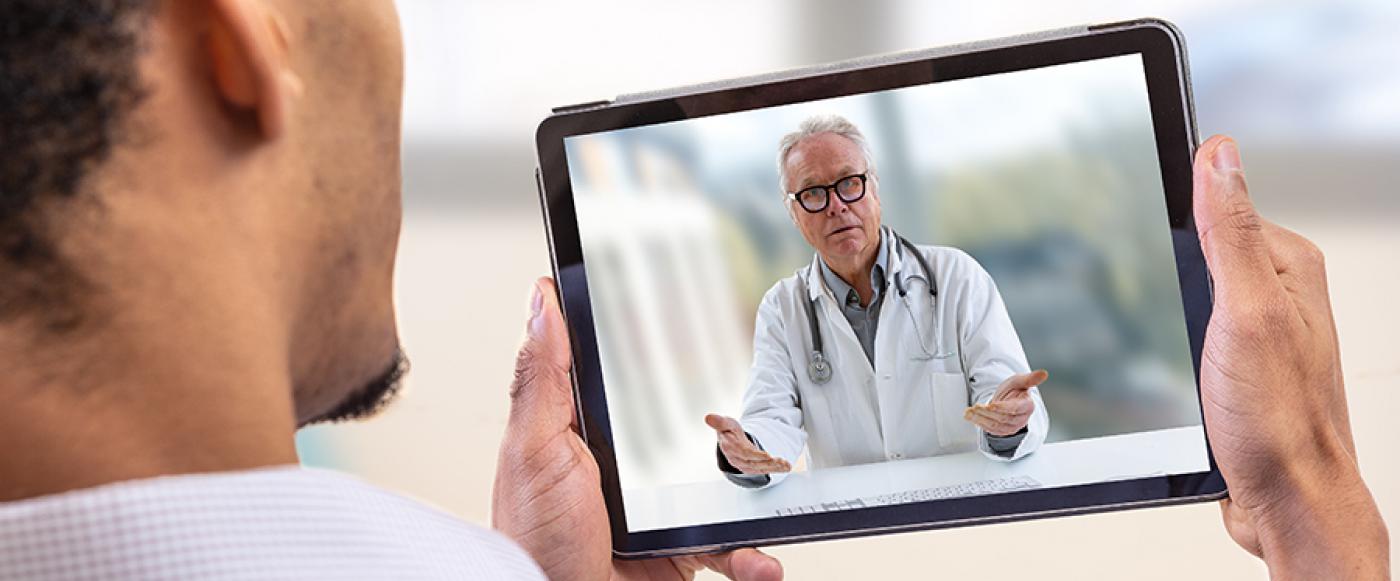
Symptoms can include:
- fever
- coughing
- sore throat
- shortness of breath.
If you are sick and think you might have COVID-19, check your symptoms using healthdirect's Coronavirus (COVID-19) Symptom Checker.
If you have serious symptoms, such as difficulty breathing, call 000 for urgent medical help.
If you have any symptoms of COVID-19, you need to get tested. You can find a testing clinic here.
If you need to get tested for COVID-19, it’s important to call before going to your medical centre or local emergency rooms. Going straight there could put others at risk.
Find out more about the COVID-19 vaccine, the rollout strategy, and how to book an appointment to be vaccinated, as well as other important COVID-19 information you need to know.
For more information about COVID-19, including latest updates, visit the Australian Government Department of Health website, Queensland Health, or Healthdirect.
Testing and Fever Clinics, as well as GP Respiratory Clinics, are specialist clinics for people who have symptoms of COVID-19.
COVID-19 tests in Australia are FREE for tourists, visitors, and residents.
Find out where to get tested for COVID-19 where you live.
GP Respiratory Clinics
For people in Northern Queensland who have cold or flu symptoms or think they may have COVID-19, there are five respiratory clinics open for testing in Cairns, Mackay, Townsville, the Whitsundays, and Charters Towers.
The clinics are free for everyone, even if you do not have a Medicare card.
Find out more about GP Respiratory Clinics.

